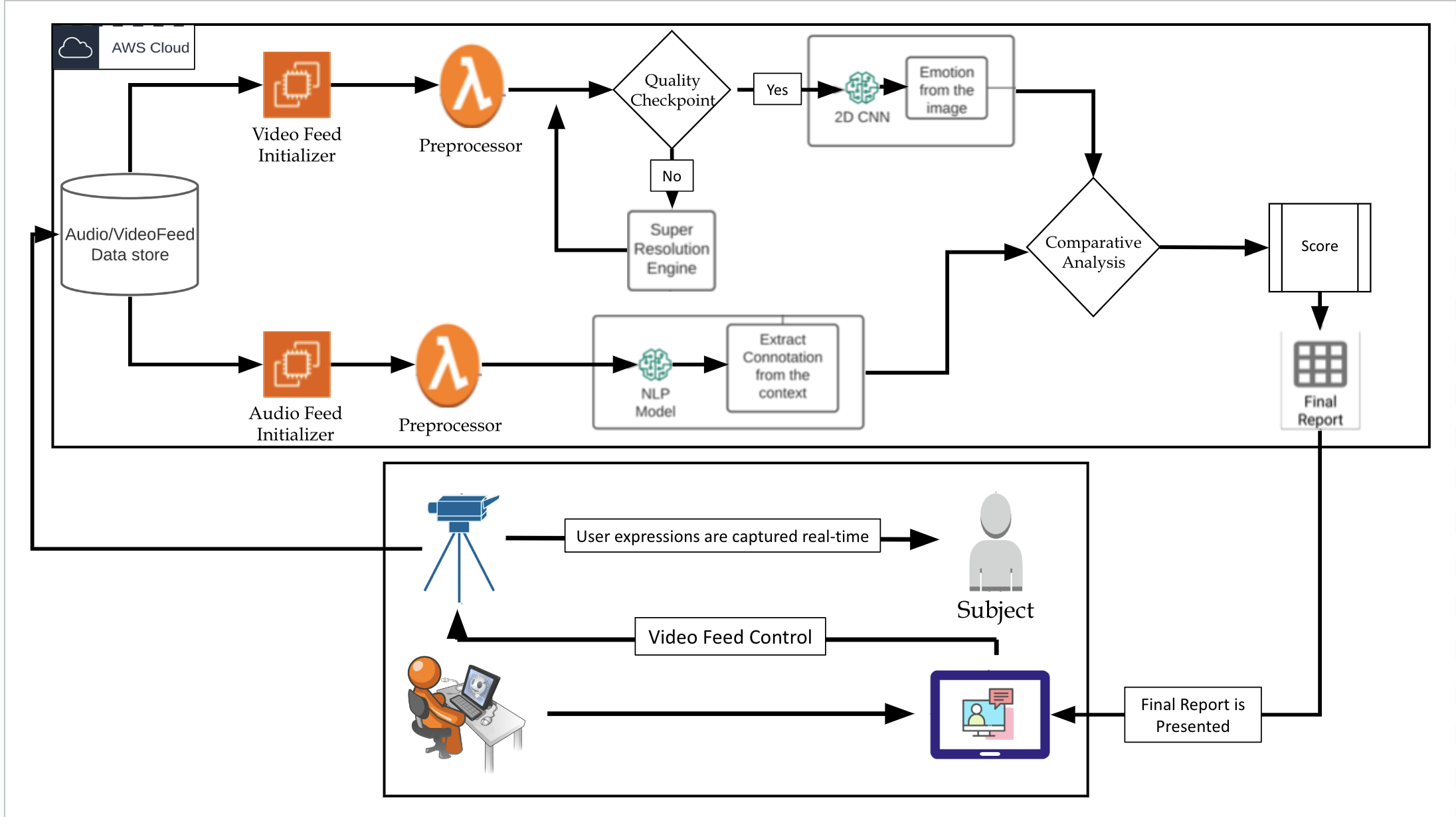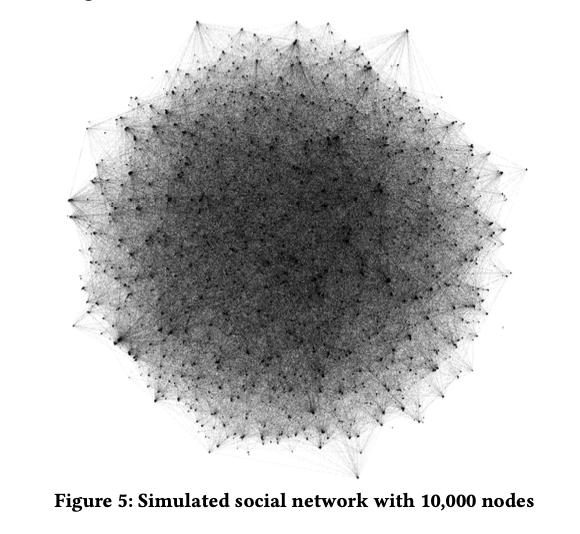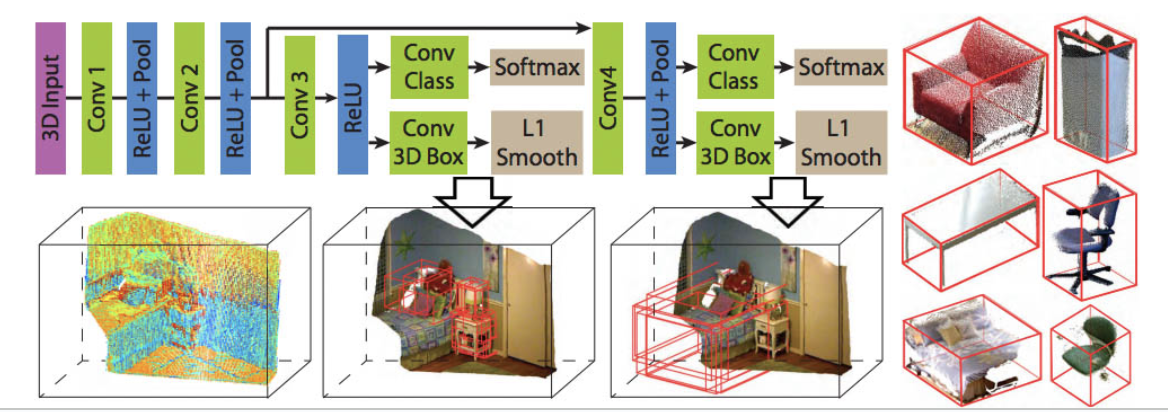Hi, I'm Sashvad (Sachin) Satishkumar
Computer Science + Data Science Student
A third-year undergraduate computer science student at University of Maryland, College Park, MD.
Contact meAbout Me
My introduction
Currently a student at the University of Maryland, passionately working in the fields of machine learning, pathology, and software engineering.
GPA
within AI/ML sectors
Skills
Programming Languages
C
Java
JavaScript
Python
TypeScript
Frameworks/Libraries
Flask
Keras
React.js
TensorFlow
Developer Tools/Technologies
Git
MongoDB
MySQL
NextJs
NodeJs
Tailwind
MySQL
Education
My personal journeyHigh School
Thomas Jefferson High Schoolfor Science and Technology
College
University Of MarylandCollege Park
Experience
Machine Learning Quant Developer
Sentinel Capital - Philadelphia, PA
- Engineered an Expert Advisor (EA) in MQL4/MQL5, integrating the A-Gimat Reversal (AGR) indicator to enhance automated forex trading decisions, improving entry and exit timing, reducing execution latency by 35% .
- Developed a Python-MetaTrader 5 pipeline using ZeroMQ, leveraging machine learning models and the Buy Sell Magic (BSM) indicator to confirm trend reversals, achieving a 30% increase in trade prediction accuracy
Junior Quantitative Analyst (Software)
University of Maryland - College Park, MD
- Pioneered an automated system that harnessed NLP models (BERT, GPT-4, Llama 3) to extract and analyze quantitative strategies from research papers, resulting in a 92% relevance scoring accuracy.
- Streamlined the trading analysts’ workflow by implementing optimized preprocessing techniques and harnessing Python-based AI frameworks, cutting analysis time by 70%.
Geospatial Science Research Intern
George Mason University - Department of Geospatial Information Sciences
- Spearheaded a research project that utilized geospatial data to analyze the impact of climate change on urban development, resulting in a 40% increase in data accuracy and a 25% reduction in data processing time.
- Developed a Python-based geospatial data visualization tool that integrated real-time satellite imagery and climate data, enhancing data interpretation and analysis by 50%
Bioinformatics/Pathology Research Intern
Dartmouth-Hitchcock - Emerging Diagnostic and Investigative Technologies
- Conducted a study on the application of deep learning models in the analysis of histopathological images, achieving a 90% accuracy rate in cancer detection and staging.
- Developed a Python-based image processing pipeline that integrated convolutional neural networks and transfer learning techniques to enhance diagnostic precision by 80%.
Utilized Python, R, and MATLAB to advance tumor identification techniques by developing and implementing novel algorithms, leading to a 30% increase in diagnostic accuracy.
- Leveraged TensorFlow/PyTorch frameworks to analyze 12+ cancer subtypes, enhancing diagnostic precision by 85%.



